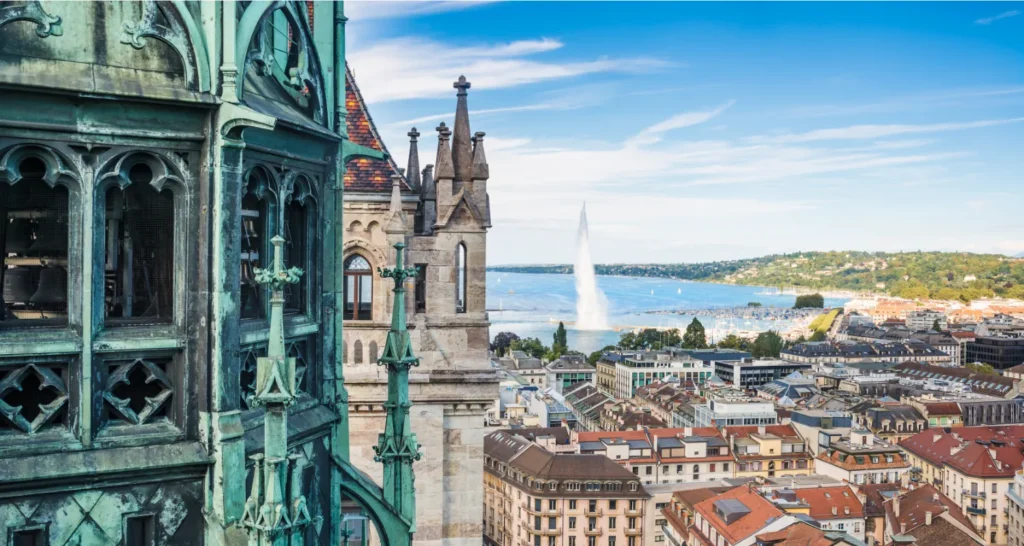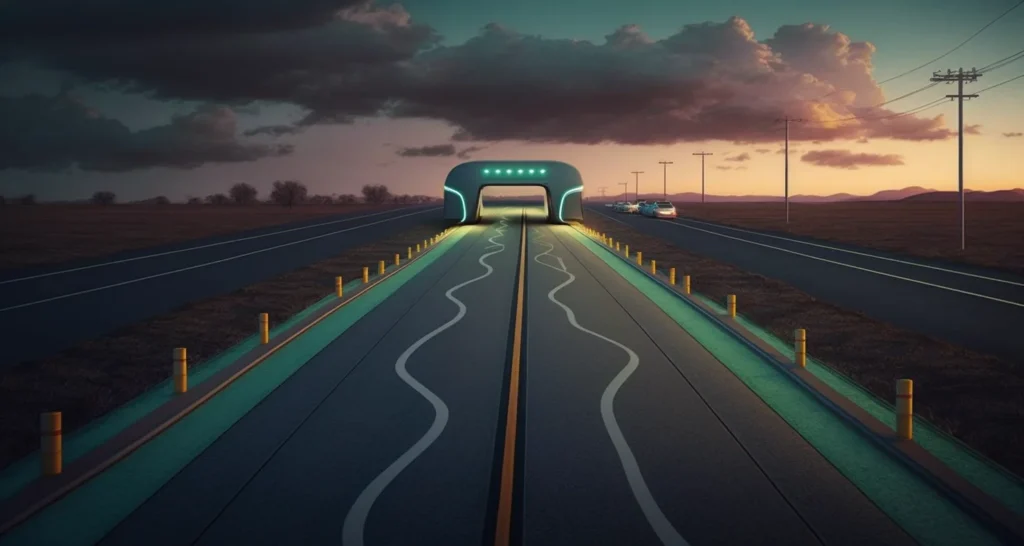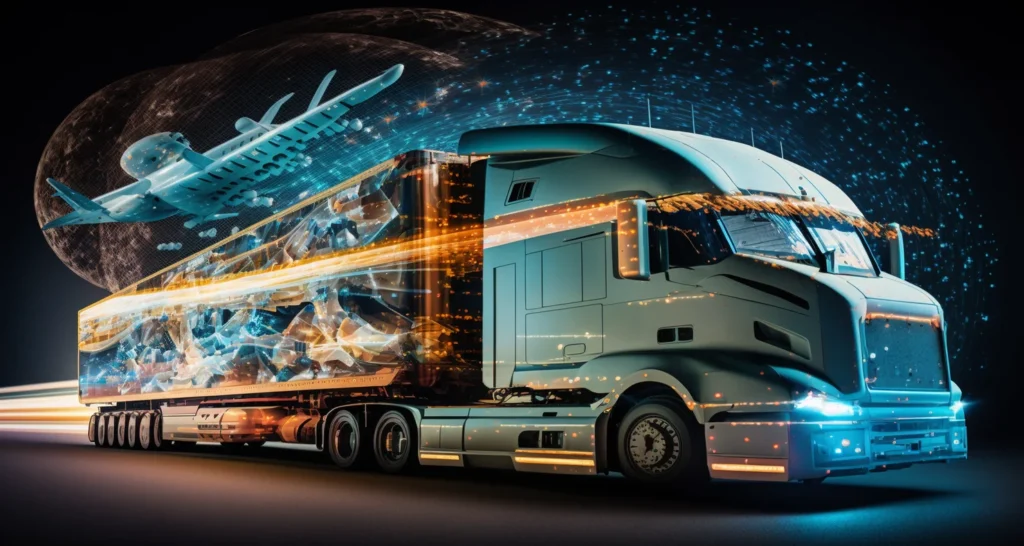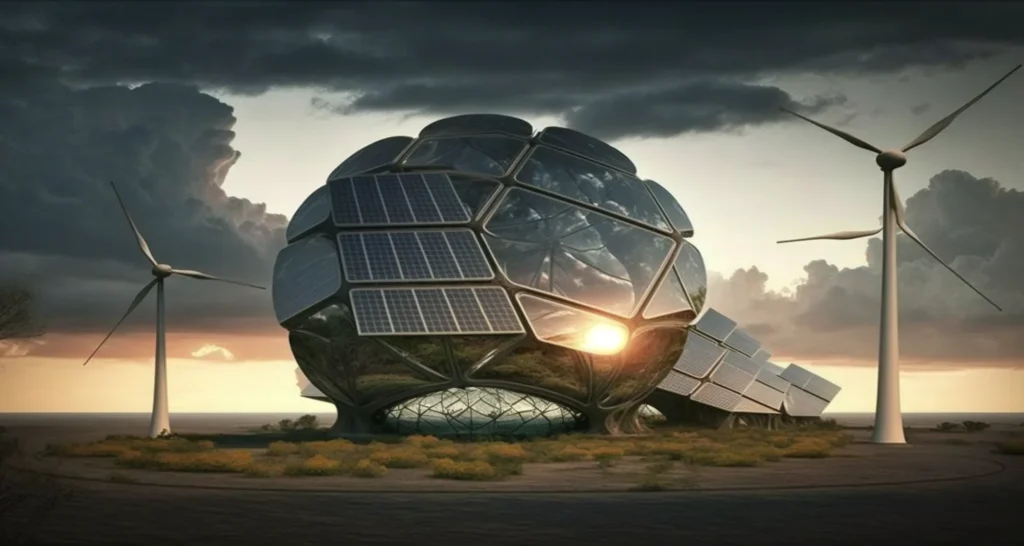Smart City Boston is using technology to re-imagine its streets (verizon smart city boston). Has implemented several boston smart city project aimed at improving the quality of life for residents and enhancing the city’s infrastructure. Here are some examples of projects that have already been implemented, as well as future plans and interesting facts:
Smart City Boston, USA
2.210 Smart Points

Environment
Mobility
Connectivity
Ecology
Life quality
Citizens
Government
Average
Boston is the capital and most populous city of the Commonwealth of Massachusetts in the United States, and the 21st most populous city in the United States. The city proper covers 49 square miles with an estimated population of 694,583.
Smart City Boston is using technology to re-imagine its streets. On smart streets, we use technology — like cameras and sensors — to learn more about how people navigate and interact on and with the City’s streets. Our most recent work focuses on roadway safety.
Boston is a leader in the global Vision Zero initiative. The goal of Vision Zero is to end fatal and serious traffic crashes. To do this, we will use technology and data to better understand how people act on roads. That data will help us improve street design and safety.
As part of our Vision Zero effort, we’re working with Verizon to test data-gathering technology at the Massachusetts Avenue and Beacon Street intersection.
We are working with Verizon to test several smart cities’ services. Our goal is to capture aggregated data that helps us better understand the hazards on our roads. We’ll use this information to decide on what changes we need to make. This could include:
- better streets, sidewalks, or signage
- changes to how we enforce traffic rules, or
- more in-depth public education.
- Street as part of our Vision Zero program.
The data required to fulfill zero-mission
how vehicles and cyclists move — left, right, through, and u-turns — during different traffic signals (green, yellow, and red)
vehicles staying in the intersection for long periods of time
pedestrians crossing the intersection when traffic signals say “Walk” and “Don’t Walk,” and where they cross using crosswalks
vehicles and cyclists yielding to pedestrians within crosswalks, and
cyclists’ use of bike lanes and situations that cause cyclists to ride outside the bike lanes.
We are capturing counts and data over time to help us better understand what’s happening on our roads. We are not going to use this information to issue tickets or enforce traffic laws, or keep any records linked to individual people or vehicles.
Smart parking as boston smart city project
In the winter of 2013, we launched a smart parking initiative in Boston’s Innovation District with the Boston Transportation Department.
This effort was part of the Complete Streets initiative. The goal was to give potential drivers real-time parking information. This would allow them to find parking — or instead — take another form of transportation.
Lots of congestion and air pollution is tied to drivers circling neighborhoods to find parking, as researcher Donald Shoup notes. At the same time, more drivers are relying on real-time navigation from on-board systems or their smartphones. Similarly, we were looking to connect drivers with vacant spots by giving them real-time information on open spaces.
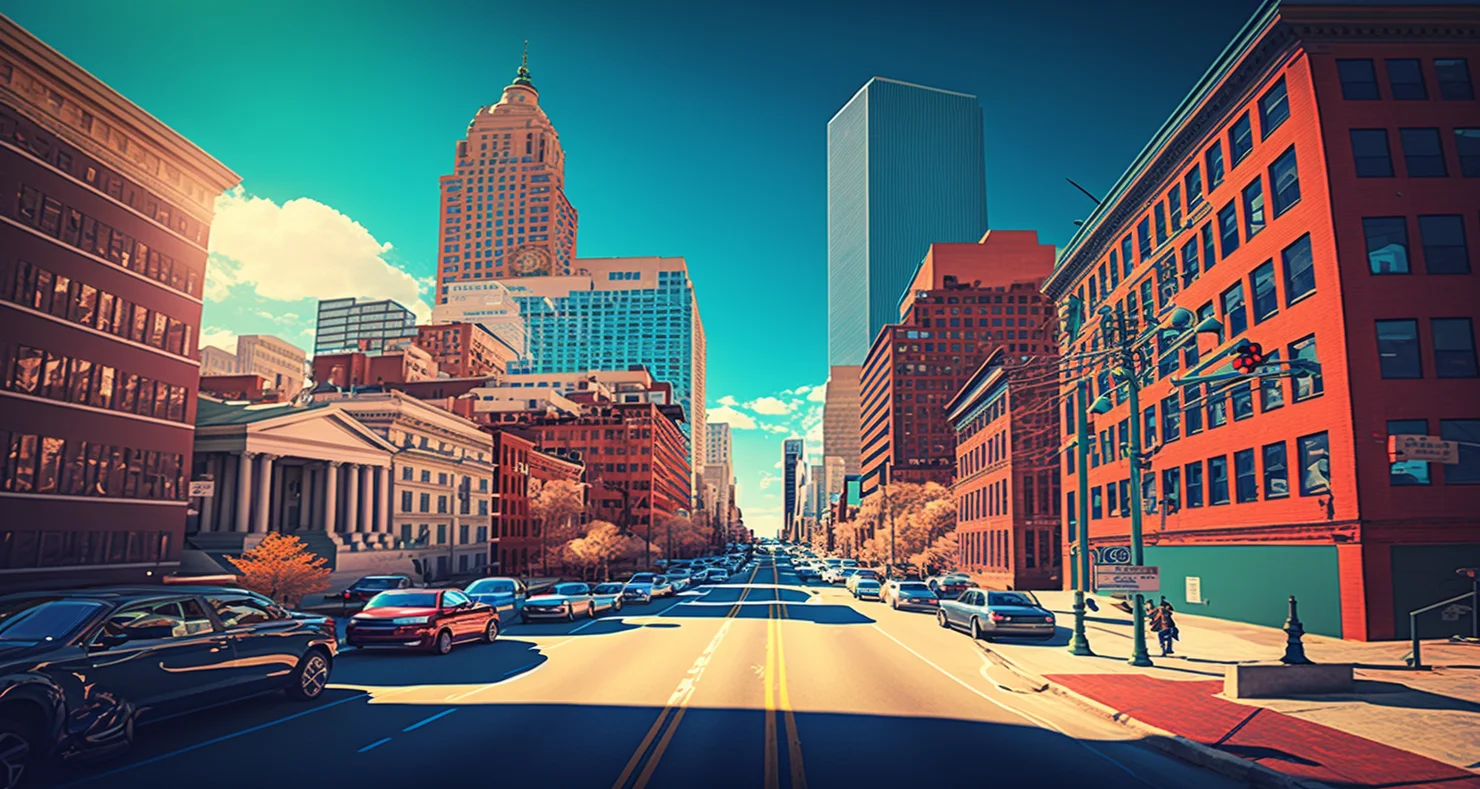
The experiment
Our hypothesis? Giving information to drivers about available parking spaces will help reduce congestion. We’ll do this by shortening the time it takes to find a space, or by encouraging a person to another way to travel. In the winter of 2013, the City partnered with Streetline to put sensors in its first of two neighborhoods:
- We sunk these hockey puck-sized sensors flush to the surface of the road to detect open parking spaces.
- We then made that information available via the Parker App, Streetline’s custom websites, and its API.
The City first installed 330 sensors in the Innovation District, a fast-growing neighborhood. This area has put a special emphasis on being an urban lab for testing new technologies.
Results and Lessons Learnt
BETTER DATA
The project gave the Boston Transportation Department a wealth of real-time data on parking data. Using this information, they experimented with adjusting policies to improve the parking experience in the pilot area.
OPENING UP OUR DATA
One of our main goals was to give researchers and other app developers access to the data. A start-up from MIT and a researcher from a local university are both exploring how best to use this data.
BUILDING ENTHUSIASM
There is excitement from drivers about the service, but it’s too early to know how effective it’s been.
SMART STREETS
Smarter, more efficient resource allocation for the City of Boston streets.
The Transportation Department’s new Mobility Team, in partnership with New Urban Mechanics, is working to:
- expand the Drive Boston program to provide over 150 new locations for car-share in Boston neighborhoods
- install electric-vehicle charging stations in municipal parking lots
- monitor an ongoing pilot of pickup and drop-off zones for rideshare companies to minimize traffic disruptions, and
- develop a Shared Mile Playbook of principles to navigate the new technology-driven and on-demand landscape.
Boston was selected as an American Climate Challenge city by Bloomberg Philanthropies in 2019 to showcase its progress. Below, projects that are “in implementation” are linked to their respective webpages.
BETA BLOCKS
- Exploring new approaches for community-led innovation in public spaces.
- Sensors are not smart. Digital kiosks do not save the world. Efficiency is not a democracy.
We think a truly smart city is one that creates equal opportunities for people to connect with each other and with the world. It allows its residents to decide what their definition of “smart” should be, and what creates real civic value. It provides ample pathways for its people not just to optimize it, but to live in it. It’s not a laboratory. It’s home.
Beta Blocks is a new civic experimentation process to build more meaningful relationships between communities that have a challenge and the companies, researchers, designers, and artists who might be able to offer a hand.
The Beta Blocks Action Research project is responding to the following challenges:
- The lack of public dialogue around the civic values and privacy concerns of smart city tools.
- The lack of clear and dynamic processes and policies for civic experimentation.
- The inability to easily “plug-and-play” new tools and designs in the public realm.
- We want to “open source” City streets. But Beta Blocks is not some expansive deployment of sensors or gadgets. It’s an invitation for all to help us dream up what’s next around the street corner, and how we hold ourselves accountable.
The City and its partners plan to do the following over the next couple of years:
DESIGNING AN ENGAGEMENT PROCESS
We need to create a strategy for engaging the public in how we conduct experiments in Boston’s streets. We want to level the playing field so all have the knowledge to advocate for, or push back, on a project.
‘SMART CITY’ PUBLIC DISCUSSIONS
We need to create more opportunities for the public to give feedback on the City’s tech policies. This includes exploring a “public privacy policy.” We want to be clear about the rights our residents have over their own data in the public realm.
TECHNOLOGY DEPLOYMENTS
We want to ground discussions about process and policy in real-world scenarios. We aim to work with communities around Boston to deploy innovative street-level improvements.
BETA BLOCKS ‘PLATFORM’
We want to explore the creation of a “clearing house,” “matching platform,” or “exchange” for civic experiments. We know that community groups have a lot of questions, challenges, and ideas. And we know that researchers, startups, and designers have lots of solutions they want to test. How can we bring the two together?
DYNAMIC POLICIES
The Beta Blocks project should result in new, dynamic policies around how the City sources and permits civic experiments.
STREETS LAB
We’re dedicated to making Boston’s streets safer, more efficient, and more delightful. Through our Streets work, we want to improve the flow of people throughout the City with:
- smart and more accessible street furniture
- parking systems that limit congestion, and
- safer roadways for cyclists.
We work with the Mayor’s Streets Cabinet, the Transportation Department, and Public Works. We want to understand how people are moving through our urban landscape and design new pathways to help them.
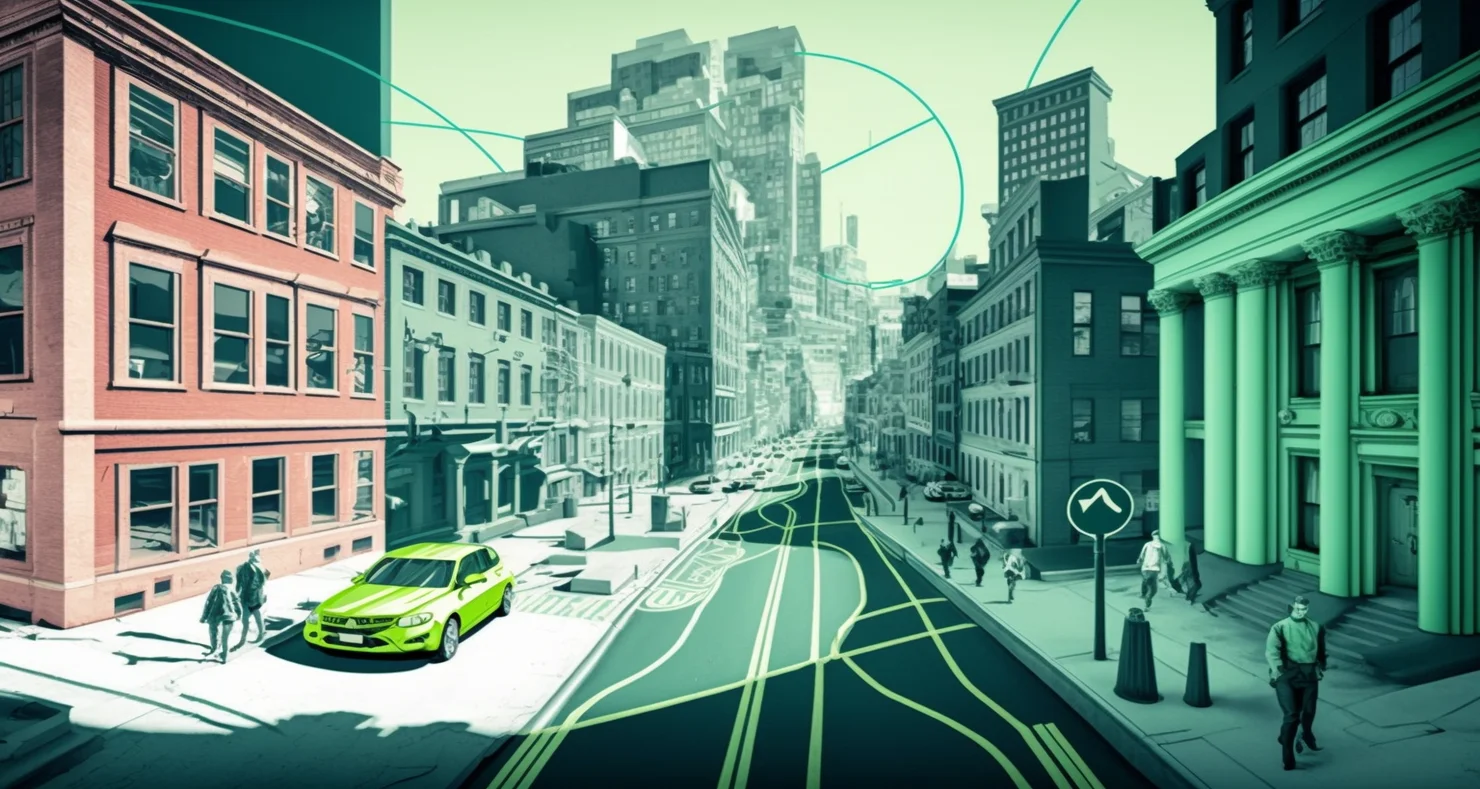
Autonomous vehicles: boston smart city project
Car Share Boston
Car Share Boston offers residents an alternative to personal vehicle ownership. We dedicate parking spaces in municipal…
Boston’s Safest Driver Competition
Ever wonder if you’re as good a driver as you think you are?
Pick-up and drop-off pilot for passenger cars
The pilot program in the Fenway dedicates curb space for pick-ups and drop-offs for all passenger vehicles, including…
LED Street Name Signs
To make streets safer for pedestrians at night, we experimented with the use of street name signs lit by LED lights.
Smart Parking
In the winter of 2013, we launched a smart parking initiative in Boston’s Innovation District with the Boston…
Neighborhood Slow Streets
The City of Boston’s approach to lowering speeds and improving street safety on smaller, less-busy residential streets…
Vehicle Side Guards
We installed vehicle side guards on 18 Public Works trucks to reduce the risk to cyclists in the case of a crash.
Adopt-A-Hydrant
The tool allows residents to partner with Boston Fire to make sure a specific fire hydrant is cleared of snow.
City Worker App
The City Worker app is our workforce companion to BOS:311.
Boston Parklets Program
The program offers residents and local businesses greater public space on which to gather and relax. Parklets are…
Soofa
A solar-powered seat that can charge smartphones and collect data on the environment.
Smart Streets
The City of Boston is using technology to re-imagine its streets. On smart streets, we use technology — like cameras and…
Performance Parking pilot
Circle less and park easier in Boston’s busiest neighborhoods.
Street Bump
The mobile app gathers data about Boston’s streets using a smartphone’s built-in sensors as resident drives.
AUTONOMOUS VEHICLES
THE VISION
Zero deaths, injuries, disparities, emissions, stress. This is Boston’s vision for our transportation future.
Autonomous vehicles offer immense promise to help us get closer to these goals. However, the promise of these vehicles isn’t a given. They could displace an important workforce and encourage both sprawl and congestion. That’s why we launched an autonomous vehicle testing program.
We want to shape the development of technology and policy to deliver on the potential promise — and not the potential drawbacks.
SAFER STREETS:
The overwhelming majority of crashes on our streets are caused by human error. The promise of autonomous vehicles is to eliminate up to 90 percent of those crashes.
BETTER ACCESS:
Who stands to benefit most from this technology if it’s applied the right way? Many people, including:
- the aging population and those with visual impairments
- those looking to reduce the burden of personal vehicle ownership, and
- those without access to rapid transit.
BETTER RELIABILITY:
We can reduce the number of vehicles on our roadways through the adoption of shared fleets of autonomous vehicles. This frees up space for other uses, other travel modes, and creates more predictable travel times.
SELF-DRIVING VEHICLE TESTING
We are taking a graduated approach to AV testing in Boston. At first, any company will be constrained in the time, place, and manner of their testing. Before testing on streets, companies must meet — off-street — our important standards, including:
- ease of manual takeover from autonomous mode
- emergency braking and emergency stop functionality, and
- basic driving capabilities, such as staying within a lane.
Currently, vehicle testing in Boston includes the use of a safety driver focused on roadway activity. There is also a safety engineer monitoring the vehicle’s software.

Boston smart city project Autonomous Vehicle Testing
For our initial on-street testing, we will keep autonomous vehicles driving to just a few blocks. These streets are within the City’s Flynn Marine Park in the Innovation District. After meeting the test plan milestones, partners will expand out of the Marine Park in subsequent phases.
The majority of testing is occurring in the South Boston Waterfront. Optimus Ride is approved to test in this region of the City. Aptiv has the approval to begin mapping additional neighborhoods in the City. As of July 2018, Aptiv has begun high-definition mapping in new areas of the Seaport and South Boston.
VEHICLE TESTING: SAFETY PROTOCOLS
We believe that safety is paramount in the testing of autonomous vehicles.
WHAT DOES VISION ZERO MEAN FOR BOSTON?
Vision Zero Boston is the Boston Transportation Department’s commitment to focus the City’s resources on proven strategies to eliminate fatal and serious traffic crashes in the city by 2030. We are inspired by the belief that even one fatality is too many.
While Boston has a relatively good record on traffic safety compared to many other cities, Mayor Walsh is not content to accept 20+ fatalities and 200+ serious injuries on city streets every year. Death and serious injury are not part of the cost of doing business in a busy city. That’s why the Boston Transportation Department launched Vision Zero Boston.
Vision Zero Boston looks behind the statistics at:
- the human and economic cost of traffic crashes
- the barriers created by busy, high-speed roads in the heart of our City, and
- the impact of speeding on neighborhood streets that can limit access, mobility, and opportunity in communities that need it the most.
Vision Zero Boston smart city project makes traffic safety personal. Bostonians are going to meet the victims of serious traffic crashes and the family and friends of people killed on our streets. These are not just statistics, and traffic safety isn’t someone else’s problem.
Vision Zero Boston prioritizes safety and takes a people-first approach to transportation and community building. Most trips in the City of Boston are made by people on foot, bike, or transit. Everyone, including drivers, benefits from a transportation system that’s made safer for the most vulnerable road users.
Boston’s Safest Driver is a smartphone app that provides you helpful feedback on your driving based upon five metrics.
PLANT THE CITY
We’re seeking youth volunteers to help us plant fruits and vegetables in their communities.
Did you know that there are farmers in the City?
Join Youth Engagement and Employment and Food Access on May 18 to help provide healthy food options for your community by planting fruits and vegetables to be harvested and shared with your neighbors this summer. Come learn about urban farming and plant healthy food for your community!
Verizon smart city Boston interesting facts and future plans for smart cities
Interesting Facts:
Verizon has partnered with the City of Boston to deploy smart city technology in several neighborhoods. This includes the installation of smart traffic lights, environmental sensors, and public Wi-Fi hotspots.
In 2016, Verizon opened a smart city technology hub in Boston’s Innovation District. The hub serves as a testing ground for new smart city technologies and provides a space for collaboration between Verizon, the City of Boston, and local startups.
Verizon’s smart city initiatives in Boston have been recognized with several awards, including the 2017 Smart 50 Award and the 2018 Smart Cities North America Award for Best Smart City Partnership.
Verizon is buying the startup Sensity Systems. The company develops IoT solutions for “smart cities. In particular, the startup has developed the Light Sensory Network (LSN), a system of smart street lighting using LED lamps connected to the Internet. Thus, the largest U.S. cellular operator strengthens its position in the market of Internet of Things and Smart city technologies.
Future Plans:
Verizon is working on a project to deploy small cell technology in Boston to improve network connectivity and support emerging technologies, such as 5G and the Internet of Things (IoT).
The company is also exploring the use of drones to enhance public safety and emergency response capabilities in Boston. This includes using drones to quickly survey disaster areas and assess damage after natural disasters or other emergencies.
Verizon is working with the City of Boston and other partners to develop a smart city roadmap for the city. The roadmap will identify key priorities and initiatives to guide the city’s smart city efforts in the coming years.
Boston smart city project examples of what has already been implemented and future plans
Boston has implemented several smart city projects aimed at improving the quality of life for residents and enhancing the city’s infrastructure. Here are some examples of projects that have already been implemented, as well as future plans and interesting facts:
Implemented Projects:
Smart Traffic Management System: The City of Boston has implemented a smart traffic management system that uses sensors and real-time data to optimize traffic flow and reduce congestion. This system has reduced travel times by up to 18%.
Public Wi-Fi Hotspots: Boston has deployed over 170 public Wi-Fi hotspots across the city, providing free internet access to residents and visitors. These hotspots have logged over 4.2 million sessions since their deployment in 2016.
Intelligent Street Lighting: The City of Boston has upgraded its street lighting system with energy-efficient LED lights and sensors that adjust lighting levels based on traffic and pedestrian activity. This has resulted in energy savings of up to 60%.
Future Plans:
Autonomous Vehicle Testing: Boston is planning to become a leader in autonomous vehicle testing and deployment. The city has partnered with the Massachusetts Institute of Technology (MIT) and other organizations to develop a comprehensive testing framework and has already begun testing autonomous shuttles in the Seaport District.
Climate Resilience: The City of Boston is working on several initiatives aimed at improving climate resilience and reducing greenhouse gas emissions. This includes a goal of achieving carbon neutrality by 2050 and the implementation of green infrastructure projects, such as rain gardens and green roofs, to reduce the risk of flooding.
Data Analytics: Boston is developing a data analytics platform that will enable city officials to analyze and share data across departments and agencies. This platform will provide insights into a range of city services, from transportation to public safety, and will help the city make more informed decisions.
Interesting Facts:
In 2018, Boston was named one of the top smart cities in the world by the Smart City Expo World Congress, recognizing the city’s efforts to use technology to improve urban living.
The Boston Smart City Playbook, a comprehensive guide to smart city planning and implementation, has been downloaded over 25,000 times since its release in 2017.
Boston has partnered with several leading technology companies, including Cisco and Verizon, to develop and implement smart city technologies.






